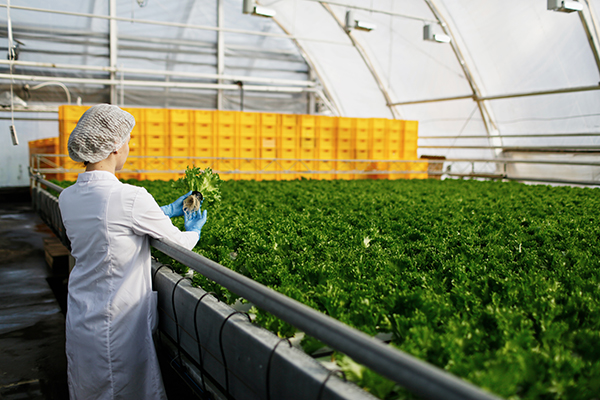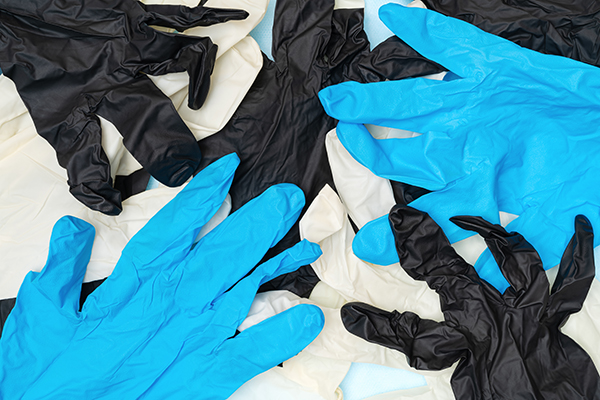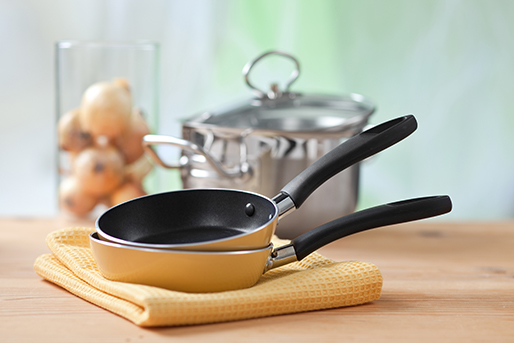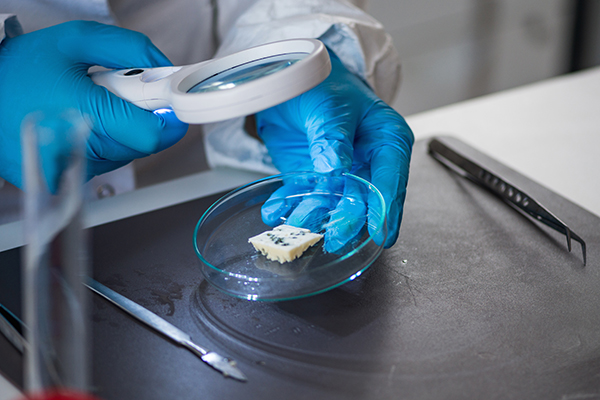Changing Climate: The Unseen Impact on Food Safety
In June, I was asked to participate in the Allinfoodz podcast, put on by a colleague, Dr. Amit Sharma, at Penn State University. One of the points Dr. Sharma wanted to discuss was the impact of climate change on food safety, which is something I was certainly aware of, but not something I had done much research on. However, when preparing for the interview and podcast, it was interesting to learn more about the relationship between the two.
Thawing Food with Food Safety in Mind
There comes a time in almost every foodservice operation where you must thaw food. Yes, I know there are those operations who have moved to fresh products only and don’t have a freezer in-house, but I am willing to bet that is more the exception than the norm. I am almost sure that anyone reading this blog who works in a foodservice operation can regurgitate what methods are acceptable to thaw food per the FDA Model Food Code. In case you don’t recall, I will discuss them briefly, but I wanted to spend some time covering these requirements a bit more in-depth – so you not only know WHAT to do, but the WHY we do it that way.
Addressing Major Food Recalls in Your Business
It seems like every year we have a large-scale food recall that reminds consumers and foodservice operators about the importance of food safety. Not that we need reminded, but it certainly puts the topic in the headlines again. Last year, it was the onion recall. This year, it may very well be the Jiff peanut butter recall, of which we are in the midst of. At the time of the publishing, we are starting to learn more about a potential hepatitis A outbreak linked to strawberries. If you have not been impacted by either of these recalls in your personal or business life, I would be surprised.
Sanitation, Sanitation, Where Art Thou?
Continuing the theme I picked up on a few months ago, discussing common causes of foodborne illness, I’d like to focus this blog on cross contamination, more precisely sanitation. Sanitation is another issue that employees don’t often do at home, so they discount the importance of it in the food production environment. That is to say that they have never made someone sick at home because they only clean their countertops and they have likely never sanitized their kitchen, so why is it so important in a foodservice facility?
Handwashing: The Habit that Isn’t as Common as We May Think
Earlier this year, I started to focus our FoodHandler Food Safety blogs on common food safety issues faced in each foodservice operation across the world. We’ve covered some of the most common issues, but perhaps none is more common than improper hand hygiene.
Is Implementing a Color-Coded Food Safety Plan Right for your Operation?
Foodborne pathogens are by far the most prevalent cause of foodborne illness in the United States and across the world. There are 31 known agents that cause foodborne illnesses, and more that are unspecified or yet undiscovered – remember, E. Coli 0157:H7 wasn’t identified until the early-1980s. It is estimated each year, 48 million illnesses occur because of these known and unknown pathogens, resulting in over 3,000 deaths.
Maintaining your Equipment: Is it the Missing Ingredient in your Recipe for Food Safety?
Although I am no longer in day-to-day operations, between our students and foodservice lab at the university and my volunteer activities in my local church, I keep a close hand in food production. This past week, I had the opportunity to lead a group of men at our church in preparation of a luncheon for 100 women who were attending a spirituality retreat. Over the course of the morning, I realized our main cooler in the kitchen was not functioning properly and was about 10˚F above the required temperature. While we do have a commercial kitchen, we do not routinely log temperatures, so when the unit started to malfunction is questionable. Even more concerning was not the lunch we were preparing for, but the dinner that was served the night before for 300+ families in the parish.
Contamination of Food: Let’s Get Physical
Earlier this month, we began a discussion about contamination of food. Our first blog focused on chemical contamination, but in this blog, I’d like to look at physical contamination of food.
Contamination of Food: Chemicals, Pesticides, and more, Oh My!
If you have followed our blogs, you have often heard us opine about food safety-related behavior and communication, food traceability, and other overarching food safety topics. We often don’t get into the weeds and discuss topics you may have learned about in your food safety training. But I thought we might circle back around and dig into a few of these topics for a few blogs. This month, I’d like to discuss food contamination, this blog will focus on chemical contamination of food and later this month, we will discuss physical contaminates.


















